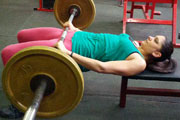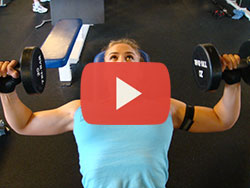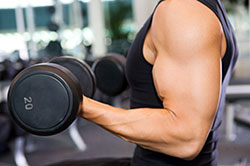BE NATURAL
BODYBUILDER
Training | Nutrition | Genetics

NATURAL BODYBUILDER
TRAINING * NUTRITION * GENETICS
is made happen by Dedication

REMEMBER: You are born to win
There will be dirty smells of Sweat
There will be burning heat hotter then Hell
You will be drenched completely
Even there may be some laughter too ....
You need to bear this all to GAIN!
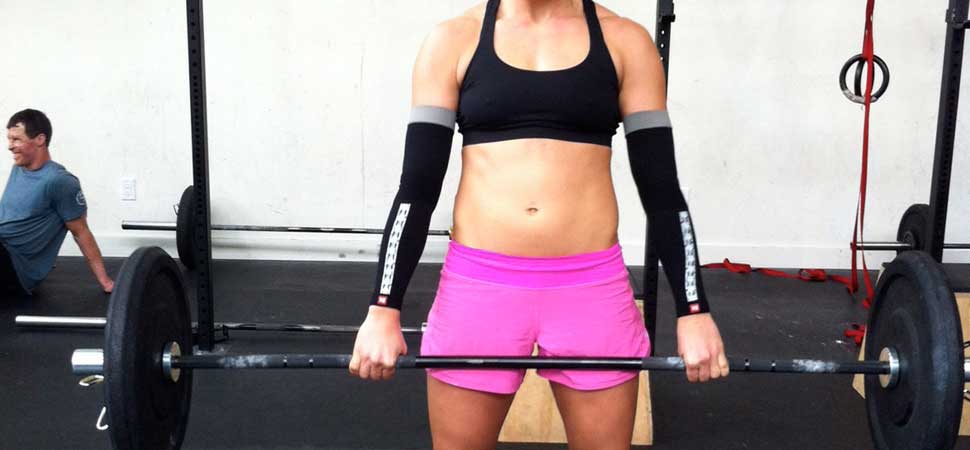
Lean or Bulky?
are the considerations for tailors!
for you, the bodybuilder, it reflects in your actions.
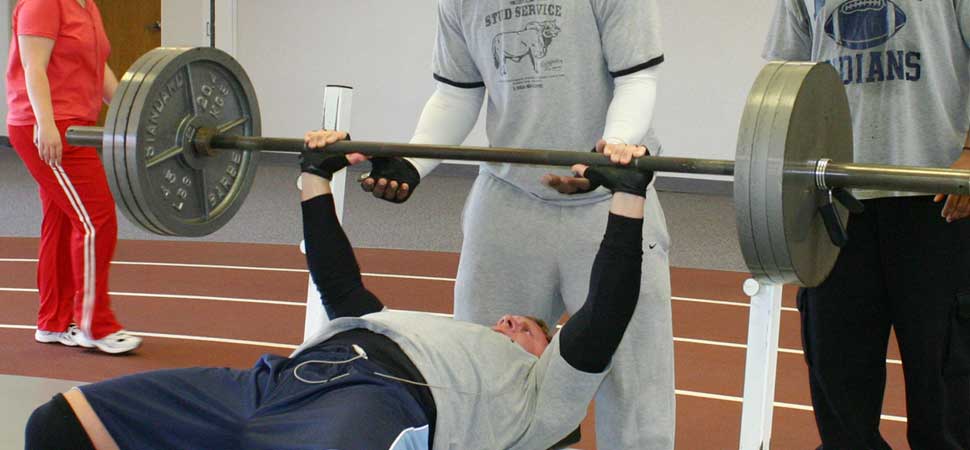
What are you waiting for?
Get it Now!

you need the power of determination
It need not to be bulky to lift ...
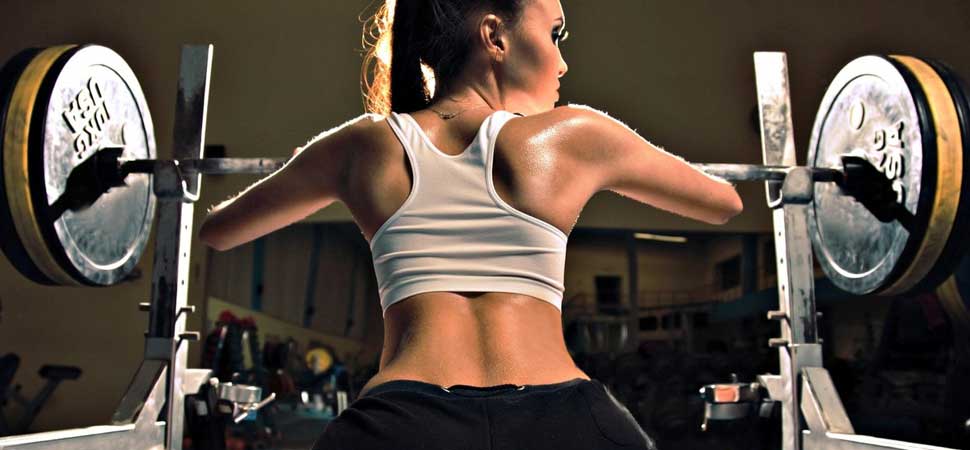
Concentrating is not the wastage of time
It pays when you can't

Yes, just cover the whole space
just do it ...

This happens ...
You have your ways ...

But the condition is ...
... Never get your eyes off of the target

Motivation???
Get Inspired Now...
Nutrition for Bodybuilders
Nutrition is responsible for the physical growth and recovery. You get nutrition from what you eat, that We call Bodybuilding diet. Bodybuilding diets are constantly changing due to the increase of your muscle mass. Here You are strongly advised not to get confused with commonly beleived fact that "if you put muscle on you have to eat more, if you lose muscle you need to eat less." So how do you keep an eye on what is happening inside the body? You need the scientifically improved and specifically designed diet plans to achieve your targets.Some very common quest asked for are as under:
1 - You're not gaining weight.
Eat twice the amount of carbs and 1.5 times as much protein at two of your meals per day.
2 - You're gaining weight, but its as much fat as it is muscle.
Eliminate carbs at your last two meals of the day, (excluding your post workout meal.)
3 - You're gaining weight and losing bodyfat.
Follow the directions in rule (1) above at every meal.
4 - You did fine at first, but now your bodyfat has increased.
Halve your carbs at your last two meals. If the bodyfat falls in two weeks, increase your carbs.
A diet must have following components to meet the basic requirements of your body
1 - Carbohydrates
Carbohydrates are converted into blood sugar in your body to provide energy for your cells, organs and tissues. Carbohydrates can be simple or complex. MedlinePlus says, "You get simple carbohydrates from fruits, milk products and table sugar. Complex carbohydrates include whole grain breads and cereals, starchy vegetables and legumes."
2 - Fats
Fat is an important source of energy. Fat gives food flavor and helps you feel full. You can get fat from oils, dairy products, fish and nuts. MedlinePlus recommends corn, canola, olive, safflower, soybean and sunflower oil as healthy sources of fat.
3 - Protein
Protein exists in every living cell of your body. Protein found in food builds and repairs skin, muscles and bones. You can get protein from nuts, dairy, meat and some beans and grains. MedlinePlus explains that there are complete and incomplete proteins. "Proteins from meat and other animal products are complete proteins. This means they supply all of the amino acids the body can't make on its own. Plant proteins are incomplete. You must combine them to get all of the amino acids your body needs."
4 - Vitamins
Your body needs 13 different vitamins to grow and develop properly. You can get vitamins from eating fresh fruits and vegetables or from vitamin supplement pills. Each vitamin helps with certain functions. For example, vitamin A improves vision, vitamin C maintains healthy skin and vitamin D keeps the bones and teeth strong.
5 - Minerals
Your body needs minerals to build strong bones, create hormones and regulate your heartbeat. Minerals help release the energy from food and improve brain functioning, which can help you think more clearly and make wiser decisions. They can be found in fruit, vegetables and fish. Examples of minerals are calcium, iron and iodine.
6 - Fiber
Fiber is found in plants. Dietary fiber is the part of a plant your body can't digest. Soluble fiber is able to dissolve in water; insoluble fiber cannot. Fiber helps prevent constipation and improves the rate at which your body eliminates food, since it cannot stay in the body as digested food material. Fiber also helps control your weight by making you feel full faster. You can get fiber from fresh fruit, whole grains, beans, fruits, vegetables and nuts.
7 - Water
Clean and safe drinking water is an essential component of a healthy diet. According to MedlinePlus, how much water you need depends on "your size, activity level and the weather." It is important to find out if your local water is safe enough to drink from the tap. If not, filtered or bottled water are your best drinking water sources.
So, your meal plate must contain:
A. Grains
Grains come in two types whole and refined. Whole grains are the healthier of the two, as these are not made mostly from white flour as refined grains are. Things like whole-wheat products, oatmeal and popcorn are examples of whole grain foods, while refined grains make things like most breads and pastas. Whole grains are also naturally high in nutrients and fiber and should be make up 6 to 11 of your daily servings.
B. Vegetables
Veggies are great sources of antioxidants and vitamins like A and C, and are low in fat and calories. There are many different varieties to suit just about every taste, so you're sure to find at least a few you like. Carrots with a touch of low-fat dressing make a healthy snack, and you can spruce up that boring celery by adding just a bit of peanut butter. Try to incorporate four servings of vegetables into your daily routine.
C. Fruits
As vegetables, fruits are also great sources of antioxidants and vitamins. They're equally good fresh, frozen or canned, although you're more likely to reap the benefits of their full potential when they're fresh, as that's when you can take advantage of the fiber their pulp contains. Mix different types together, such as strawberries and kiwis, and blend them with ice to make a tasty and healthy smoothie. Three to four servings of fruits a day is ideal.
D. Meat and Dairy
The meat group surprisingly includes beans and nuts, as these foods are all great sources of protein, along with other important nutrients such as iron and zinc. The dairy group includes not only the obvious choices like milk and cheese but also yogurt. Two to three servings of meat and dairy a day are recommended, although doctors are suggesting that fewer servings of red meat and more oily fish are beneficial.
E. Sugars
One of the two lowest levels on the U.S. Department of Agriculture's food pyramid, this group includes both pure sugar and foods that are mostly calories with little nutrients, such as cookies, cupcakes and ice cream. Sur e they're tasty and make us feel good - thanks to the endorphin rush the sugar causes - but those empty calories can add up, causing excess weight gain. So these types of foods should be limited to only small amounts per day.
F. Oils
The second of the lowest two levels on the food pyramid, this group includes cooking oils, salad dressings and mayonnaise. As with sugars, oils are calorie dense and should be consumed sparingly. It's important not to cut all oils out of your diet, however, as they provide us with beneficial fats, such as omega-3 fatty acids, and healthy alternatives, such as olive and canola oils and fish oil, are available.
H - Water
Don't forget the water, as it help cleaning your innards. It helps better digestion of your meals, as well kidneys need a lot of water to remove impurities from the blood.
Q. Should I go for arnold's diet or cutler's is better for me???!!!
It is a common mis conception that if a particular diet has worked for Arnold or Cutler or someone else, that should also work for you too. Why that diet should work for you, that diet was not designed for you, so how you can expect that diet to work for you???
REMEMBER: Arnold's diet worked for him because Arnold's diet was specially designed for him and him only. Simillarly Cutler's diet was designed for Cutler himself, he didn't used Arnold's menu. Okey. So only those diet are going to help you which have been formulated just for you.
My advice: don't pickup his/hers plate of meal, rather make one for yourself.
